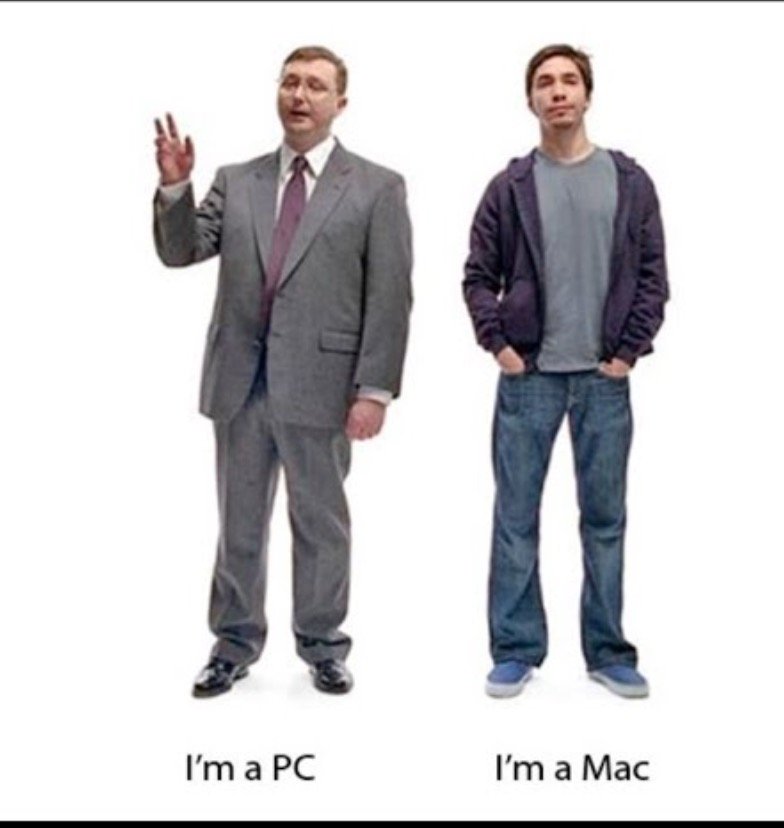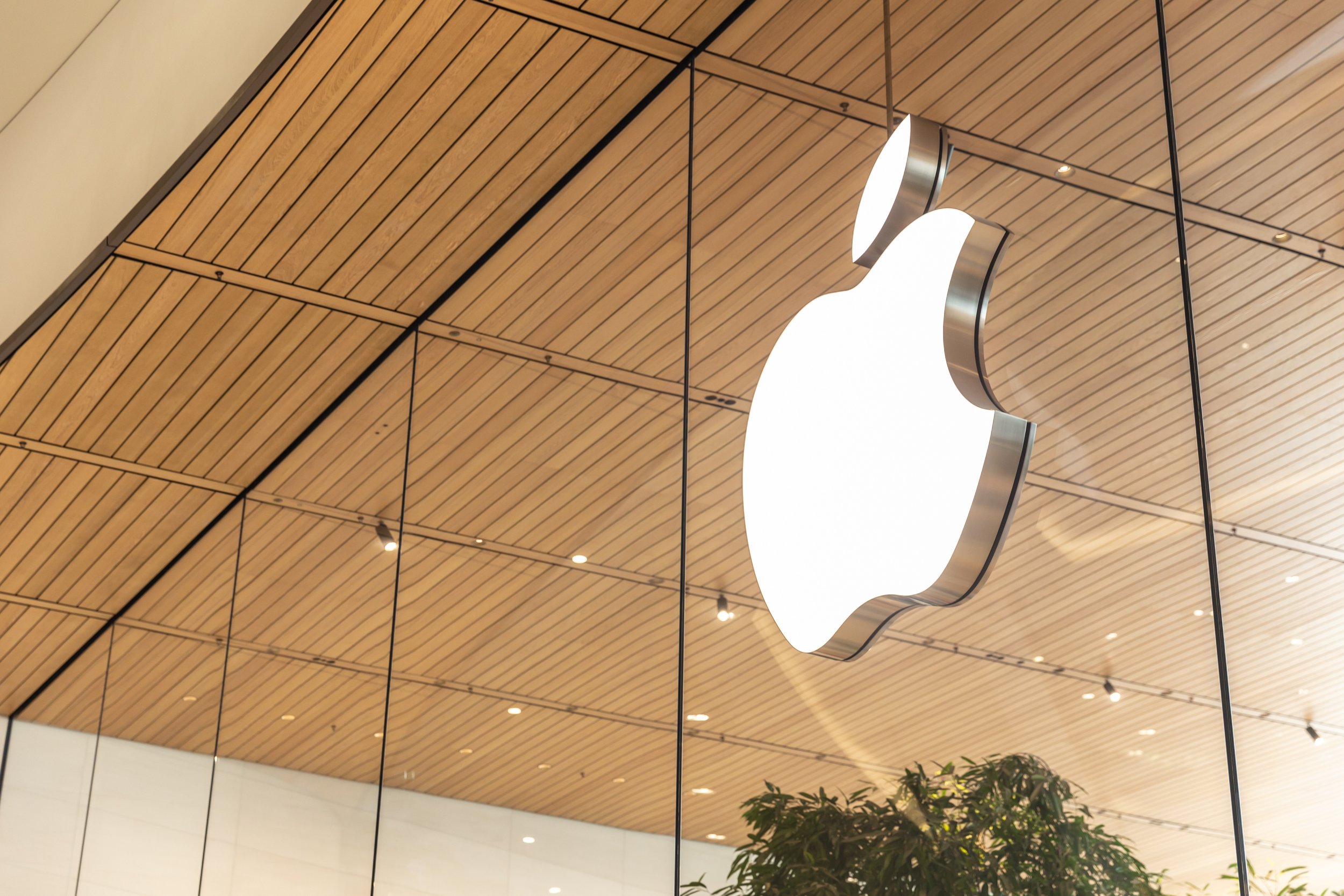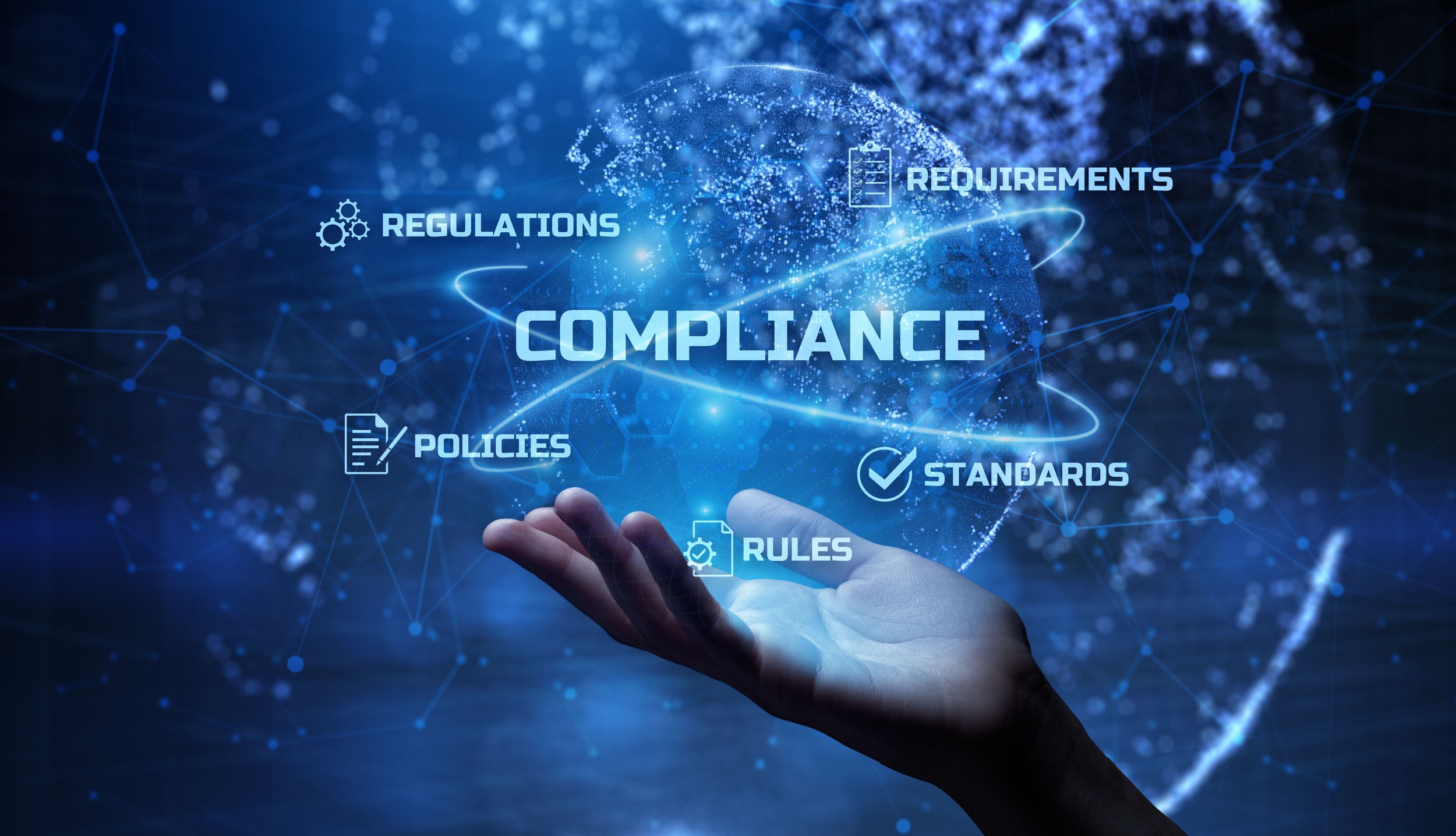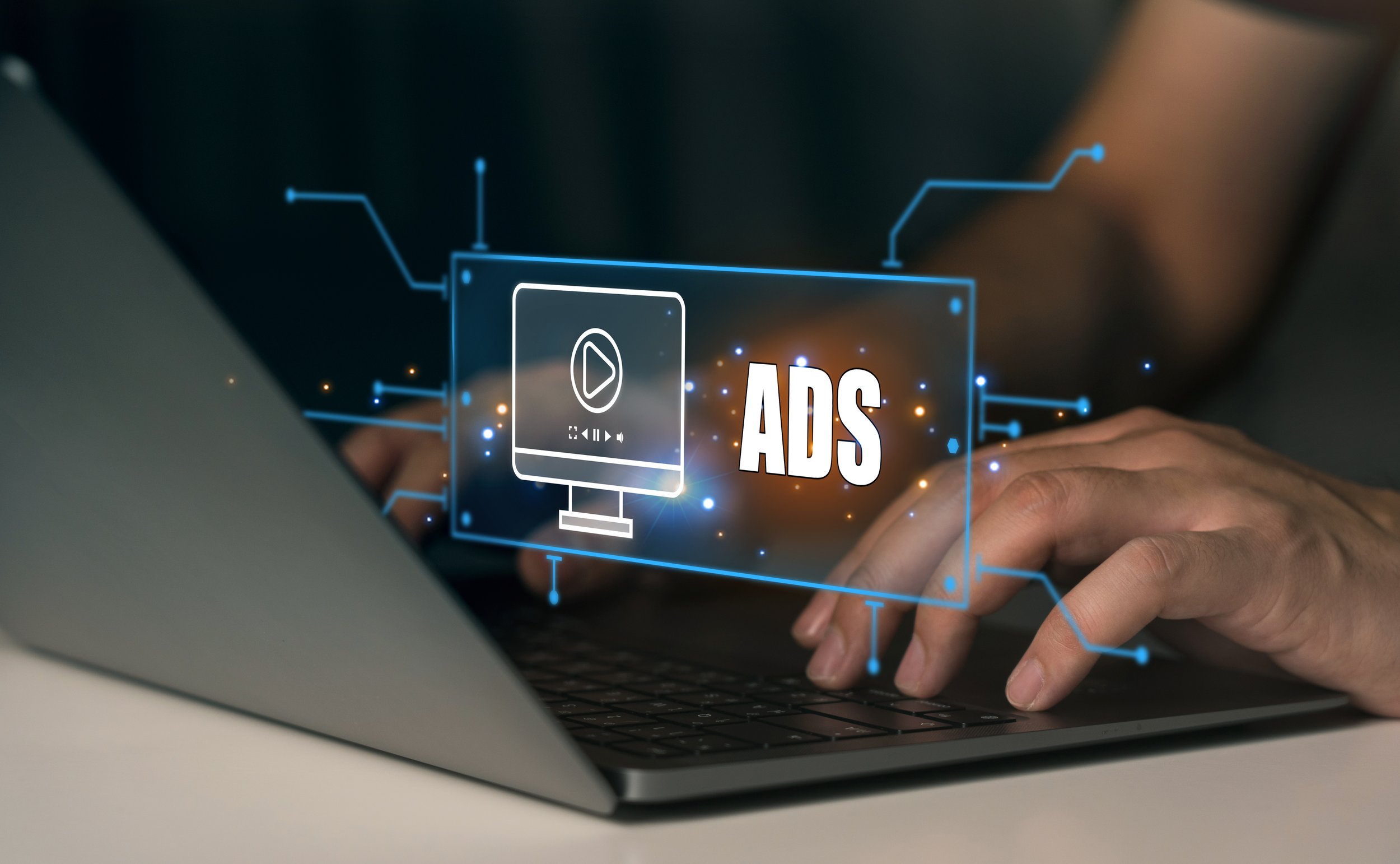AI technologies can potentially transform consumer experiences but also raise concerns about potential harms and deceptive practices. The Executive Order calls for standards and best practices to detect AI-generated content and authenticate official communications. Attorneys working in consumer protection will need to familiarize themselves with these standards, advising clients on compliance, advising clients who are victims, and addressing potential legal challenges arising from AI-driven consumer interactions.
Immigration Law
Although the Order is not directly focused on immigration law, it could indirectly affect the field. One specific aspect of the Order calls for using existing authorities to expand the ability of highly skilled immigrants and nonimmigrants with expertise in critical areas, including AI, to study, stay, and work in the United States. This could lead to changes in visa criteria and processes, potentially affecting how immigration attorneys advise clients in the tech sector. The emphasis on AI could lead to a higher demand for skilled workers in this field, possibly influencing the landscape of employment-based immigration. Immigration lawyers may need to stay updated on any new policies or procedural changes resulting from this Order to guide their clients through the visa application process.
Supporting Workers:
The impact of AI on the workforce is a critical aspect of the Order. Attorneys specializing in labor law will find this directive particularly pertinent, as it addresses issues related to job displacement, workplace equity, and labor standards. Legal professionals will play a vital role in navigating the legal complexities of AI in the workplace, ensuring that workers’ rights are protected, and advising employer-clients on best practices to mitigate potential harms.
Promoting Innovation and Competition and Protecting Intellectual Property:
The Order emphasizes the need to maintain America’s leadership in AI innovation and competition. For attorneys working in intellectual property, technology, and antitrust law, this directive underscores the importance of fostering a competitive AI ecosystem while protecting intellectual property rights. Legal professionals will need to stay abreast of developments in AI technologies, advising clients on innovation strategies, and ensuring compliance with copyright, intellectual property, and antitrust laws.
Attorneys Working for the Government:
The Order will affect government attorneys twofold -
First, government attorneys must be abreast of the same issues discussed in this post, like any private attorney. Government attorneys basically have the same legal and ethical duties as private attorneys. They, too, have the same security, bias, privacy, civil rights, and intellectual property concerns private practitioners have with this Order.
Second, government attorneys will be tasked with ensuring that government agencies comply with enhanced AI safety and security protocols, protect privacy, advance equity, defend civil rights, and promote innovation while protecting intellectual property rights. They will also play a critical role in developing and enforcing guidelines for the ethical use of AI within federal operations, potentially influencing procurement processes and the deployment of AI in public services. Moreover, as the government seeks to lead by example in the responsible use of AI, these attorneys will be instrumental in setting precedents that could shape future AI governance across all sectors.
Conclusion:


























